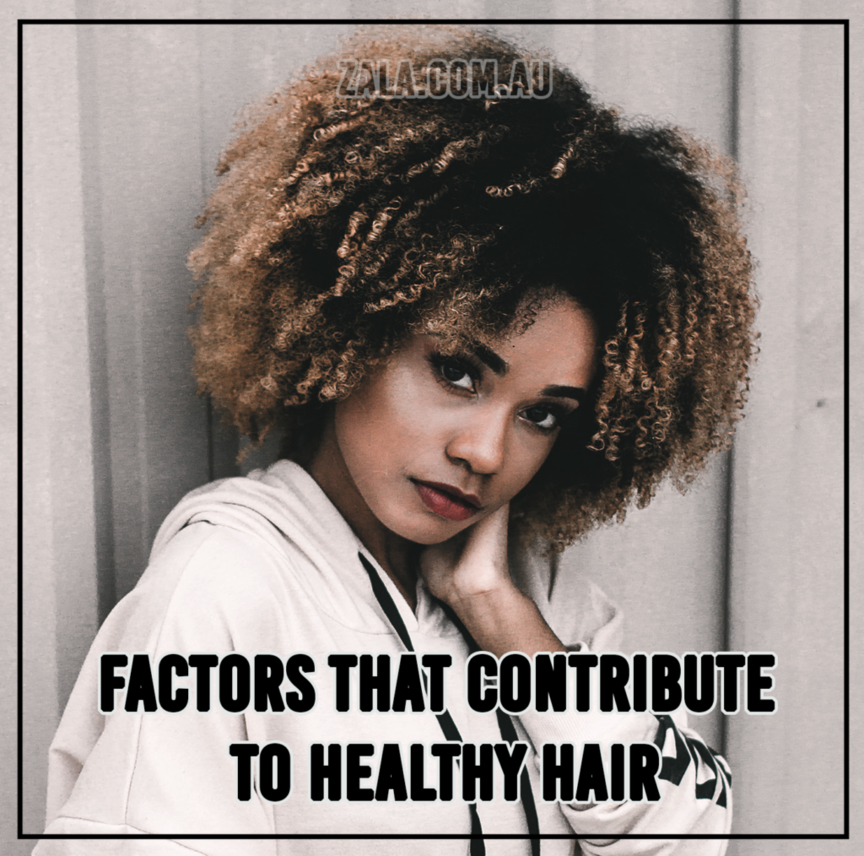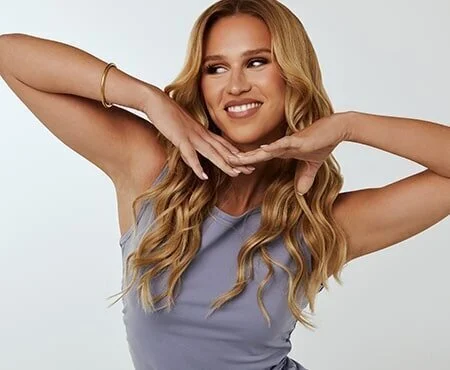Factors That Contribute To Healthy Hair
Are you curious about what makes some people’s hair look amazing naturally? Are you wondering how to get healthy hair?
In this article, we’ve listed some of the most common factors that contribute to healthy hair. But how have healthy hair tricks evolved recently? Find out with the latest tips! We’re also filling you in on what makes hair healthy and strong.

Lifestyle
How do I get healthy hair by making lifestyle changes, you ask! Well, your lifestyle can greatly affect the condition of your hair. Do you often stay out late? Are you getting enough sleep? Do you party every night? Do you have any vices like smoking cigarettes or drinking alcohol? Are you always stressed out, maybe at work or at home? Do you never get any exercise?
Bad lifestyle habits can do more than just affect your hair, it can also ruin your health. If you really want to look and feel healthy, you have to live healthy too. Start by trying to become more active every day. Avoid too many vices. Incorporate meditation techniques or other methods to calm you down whenever you’re feeling stressed.
Diet
You have to make sure that your diet is sufficient in all the vitamins, minerals, and basically nutrients that your hair needs.
Hair is mostly made of a kind of protein called keratin, which means that a diet with plenty of protein is important to keep your hair healthy and strong. Without sufficient amounts of protein, your hair could become brittle and frail.
Other important foods to keep in mind include healthy food like nuts, beans, and fish such as salmon, sardines, and trout. These fish all contain a lot of protein and omega-3 fatty acids, which help in improving your hair’s shine and luster.
Meanwhile nuts and beans have zinc, in addition to a bunch of other important nutrients. Zinc is very good at repairing your air and aiding to prevent hair loss.
Haircare Routine
Do you have a regular hair care routine? If you don’t have one yet, we recommend that you start one right now. Having a regular hair care routine can help set up habits that are good for your hair in the long run.
It doesn’t have to be a particularly expensive one either, especially if you’re just a beginner at this. You can start with just the basics, like shampooing only a few times a week, conditioning your hair every chance you get, and using deep conditioning masks every now and then. From there, you can add hair serums and hair sunscreens. Those can make things a bit more expensive, but definitely not as expensive as an emergency salon visit.
Medication
Did you know that medication can also affect your hair health? And not always in a good way either. Some forms of medication could turn healthy hair dry, limp, and brittle after just a few doses.
This kind of hair loss and change in hair make-up is usually seen in patients who are prescribed medications for illnesses like cancer, arthritis, high blood, and other heart problems. The good thing about it is that this kind of hair problem is typically temporary, rarely lasting longer than the duration of time that the medication is taken. Once people stop taking their medications, the hair problems also tend to stop.
Hormones
Hormones change more things in your body than you can ever imagine . Obviously, this change includes hair. It’s not uncommon to see women experiencing hair problems during pregnancy or during menopause. Even women who normally have healthy thick hair can find their hair change into dry, thin, and brittle strands.
Genetics
Sadly, as with anything that has something to do with our body, genetics also plays a big role in how our hair appears to be. For instance, some have naturally thin hair. Others have had thick hair since they were born. Some people struggle with making their hair smooth and shiny, while others appear to be able to style their hair effortlessly. Some people seem to take forever to get gray hairs, while others get not only that but also receding hairlines at an earlier point in life.
If you’re curious about whether your hair issues are genetic or something else, then it’s probably best to look around your family and see how their hair is. If your parents don’t have bald patches yet or gray hairs, then congratulations, the future’s looking pretty good for you.
For more hair articles, don’t forget to check out our ZALA blog!




